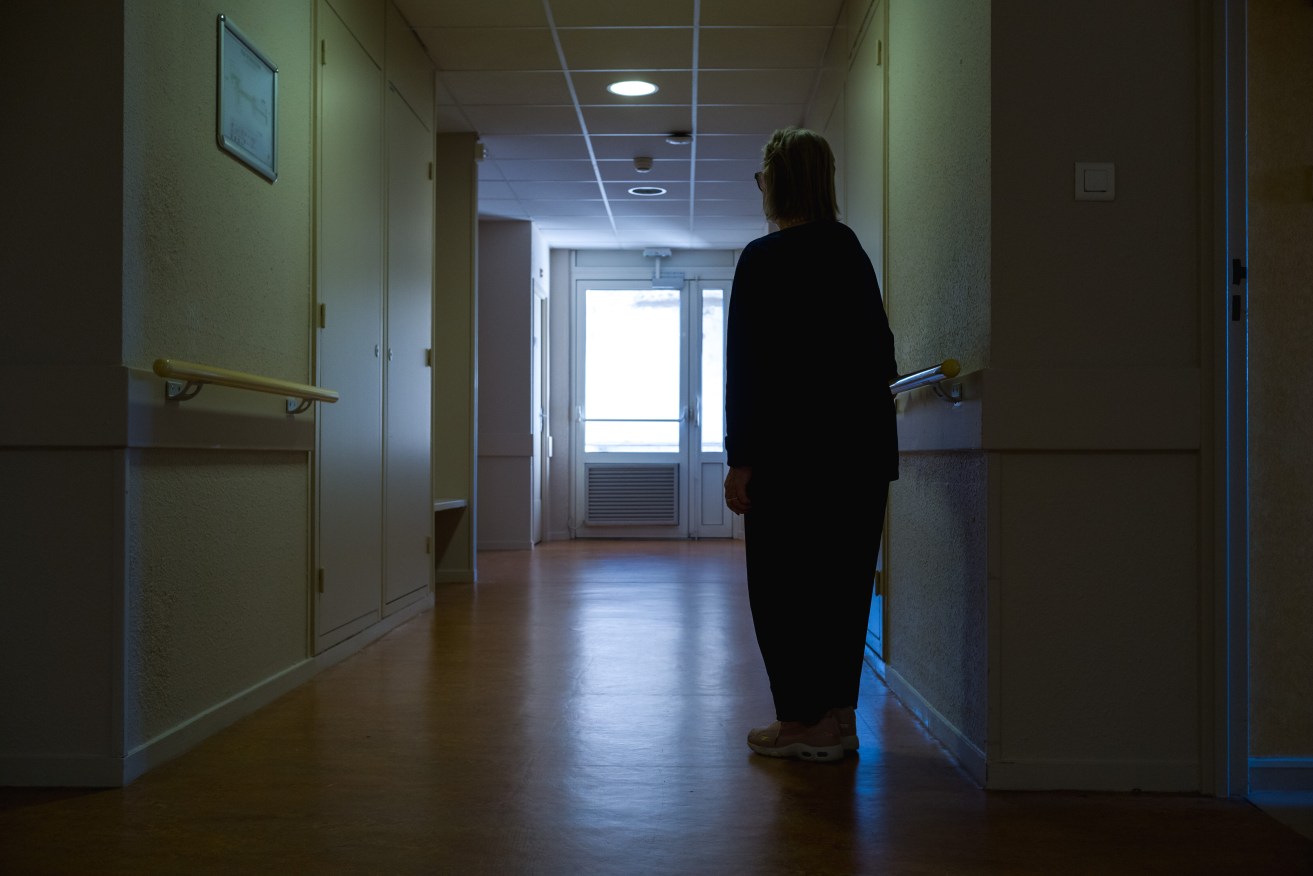Thousands of false alerts in ‘botched’ aged care CCTV trial
More than 12,000 false alerts were made during a 12-month trial of CCTV in two South Australian aged care homes aimed at improving safety, an independent review has found.


Photo supplied
Health Minister Chris Picton released the findings today, slamming the trial run by the former government as a “botched rollout”.
He said the volume of false reports meant staff were unable to respond some actual calls for help.
“The report shows a completely unacceptable level of 12,000 false report alerts,” he told reporters.
“So 12,000 times there was an alert to staff (that) there was a safety risk to residents when there wasn’t actually one to begin with.
“That meant that staff had to respond time after time after time to false reports alerting from this system that meant they were taking time away form caring for patients at the bedside.”
CCTV cameras and sound recording devices were installed in common areas and bedrooms at Mount Pleasant Aged Care and Northgate House, as part of the 12-month trial which ran until March this year, with a new artificial intelligence-based technology used to detect visual and sound triggers such as falls or calls for help.
The Government said when one of these triggers was apparently detected from a resident, the artificial intelligence sent a text message alert to an independent remote monitoring service which then immediately called staff on site to alert them of the incident.
The trial was prompted following shocking abuse by a carer at an Adelaide nursing home in 2015, uncovered by a hidden camera placed by the resident’s daughter.
Picton said the trial review, by PricewaterhouseCoopers Consulting, found flaws relating to accuracy, privacy and workload.
The report stated that while the accuracy of the system improved over time during the 12 months, “it did not achieve a level that would be considered acceptable to staff and management at the sites”.
“Despite the improvements made over time, during the 12 months of the Pilot, the system generated over 12,000 alerts across the two sites that were not verified as ‘true events’,” the review found.
“It is important to note that a high percentage of these alerts were sit-fall events which involved staff performing a bend to knee (crouching) motion which resembled a programmed movement and caused an alert.
“In these cases, while the system was detecting movement or sounds that it was programmed to detect, it was unable to reliably distinguish between the programmed events and similar movements or sounds that are reasonably expected in residential care.
“Given the Pilot was introducing novel technology, some ‘false alerts’ were anticipated. However, the high volume of ‘false alerts’ during the AI learning period was unexpected.”
Picton said staff noted the sheer volume of false alerts was “unexpected and unacceptable” leaving them “overwhelmed” and unable to respond to every alert in the final months of the trial – with at least one example of a resident fall, a “true” alert, being ignored.
He said other staff concerns raised included:
- Time taken responding to false alerts affecting the care of residents or the administration of drugs.
- Management advising a maximum of 10 false alerts per day was an “acceptable threshold”.
- Alerts issued after a ‘violence’ trigger, making staff uncomfortable and implying they were being abusive amid a high number of false alerts – this trigger was later relabelled as ‘assist’.
- Changes mid-trial to ‘pause’ the system and temporarily switch off alerts to cope with demand.
- New employees who started after the trial launch being unaware it had begun.
Picton said the privacy of residents was also flagged in the review, especially those who received personal care such as toileting or bathing in their bedrooms.
“This review shows how badly the former Liberal Government botched a project that was meant to help protect our most vulnerable,” he said.
“The Liberals’ trial was fraught by delays and procurement problems from the start, ending in a system which delivered unacceptable results to residents, their families and staff.”
SA Best MLC Frank Pangallo, who lobbied to have CCTV cameras installed in the bedrooms of aged care residents to improve safety, said the trial was an “unmitigated disaster”.
“It was like watching a train wreck about to happen and nobody was listening to the warnings, which SA BEST warned the former Liberal Government would happen from day one,” he said.
“They wasted all the money and effort on an untried and unproven system that was bound to fail.”
But the Opposition’s spokesperson for ageing, Penny Pratt, said “we all remember the horrors of Oakden and Labor’s failure to act quickly, so we won’t be lectured by them on a mess of their making”.
“That’s why the former Liberal Government implemented an Australian-first CCTV trial in two aged care facilities to help protect patients,” she said.
“We all know there can be limitations with any technology and as a result some patients were over attended to which is still better than Labor’s alternative of doing nothing.
“It’s shocking Chris Picton doesn’t want to utilise technology in aged care facilities to keep people safe.”
Picton said the Government had now released a “discussion paper”, calling for public submissions on how CCTV and other surveillance and monitoring could be better used in aged care settings.
Consultation ends in October.




